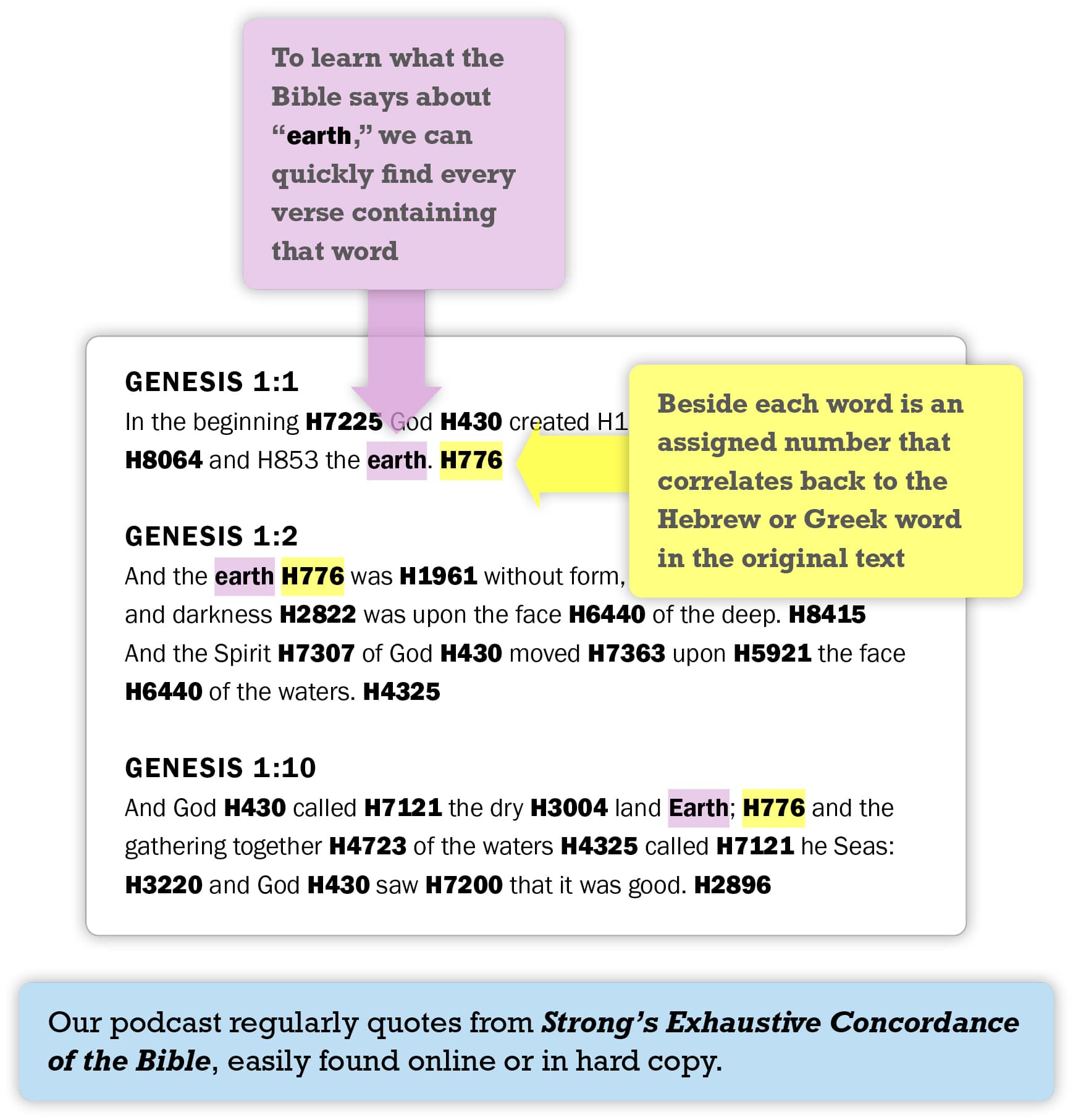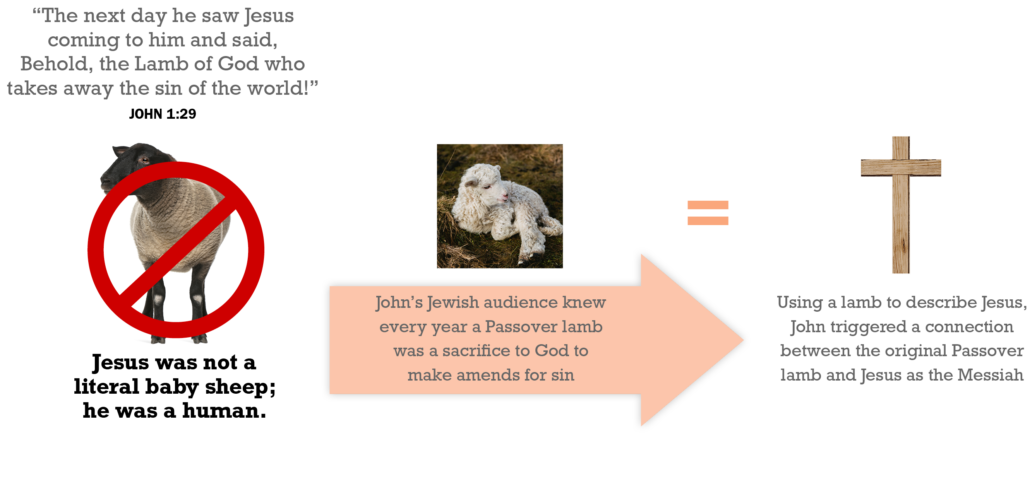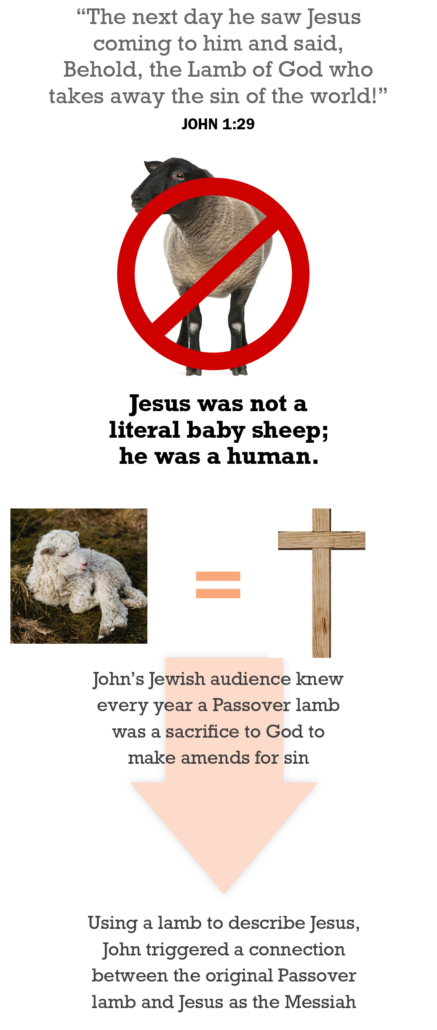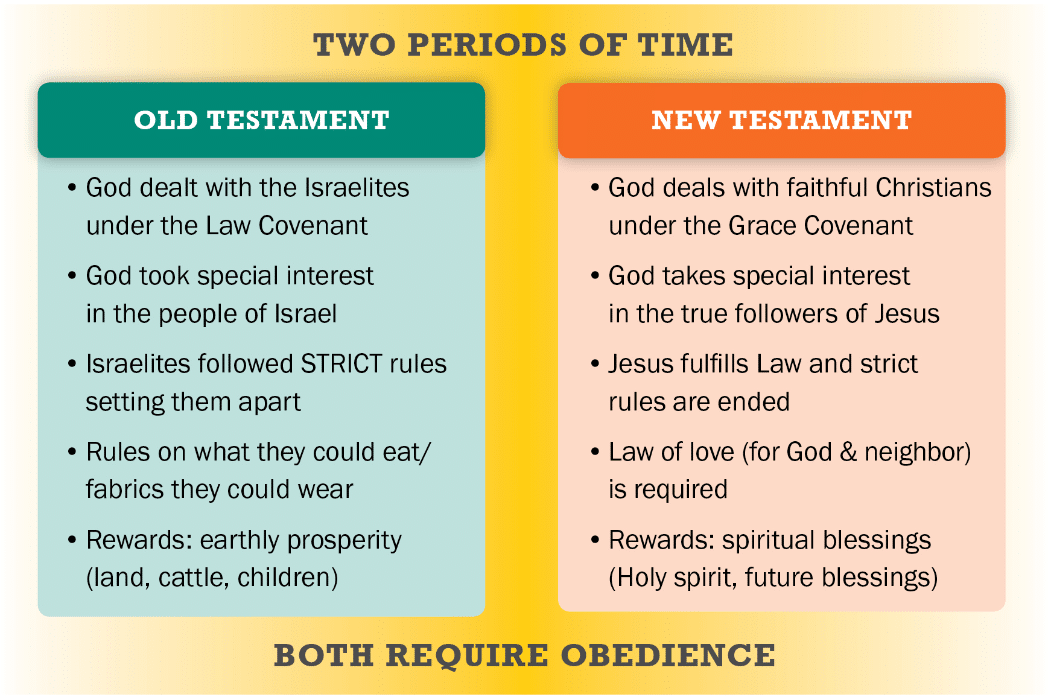Bible Study
Watch & Listen
Newsletter & CQ Rewind
Sign up for the CQ Newsletter and get the CQ Rewind Show Notes emailed each week as they become available, OR text to join:
Text CQREWIND to 22828.
The central work of the Christian faith – the Bible – is a profound work worthy of study for growth in understanding God and ourselves. We believe an approach of informed and thoughtful study can bring much-needed clarity to the Bible’s teachings. This will show, in fact, that it is the revealed word of God. The Bible is both beautiful and harmonious, providing the only ultimate hope for all of mankind.
APPROACH #1
Wherever you are in your journey to understand the Bible, you can benefit from studying it topically. This means carefully examining every scripture on a given subject, in its context. While this initially might seem daunting, online resources make it easier than ever.
We need a willingness to weigh the evidence, even if the outcome is not what we expected. This is part of making our study our own, rather than believing something because this is what we assumed was true or what we were taught growing up.
One helpful resource is a concordance to help with both the location of specific texts and a study of the original language used.

Topical study revolutionizes the way we understand Scripture. Every week, Christian Questions creates extensive “CQ Rewind Show Notes,” capturing every text quoted and much of the commentary. The Show Notes provide a ready-made, written topical Bible study.
For more on topical Bible study and understanding symbolism, check out this episode:
APPROACH #2
If we are to trust the Bible as an authority, we need to embrace that apparent contradictions must have scriptural explanations. One of the major areas of differences in interpretation among Christians is the question of whether the Bible is to be understood literally or symbolically.
The challenge is in figuring out which to apply and when. We can’t claim something to be symbolic out of convenience in order to eliminate a contradiction.
Here is an easy example:


To learn more about how to determine when a passage is symbolic or literal listen to the following podcasts:
Understanding topical Bible study and Bible symbolism
APPROACH #3
Through the lens of time frames, we learn that certain passages of Scripture only apply within certain periods of time, and sometimes to only specific groups of people or individuals.
Let’s compare how God dealt with certain people in the Old and New Testaments as an example of how things change based on different time periods.

Both Old and New Testament guidelines are true, but they apply in different time frames – or ages – with different teachings.
Understanding the ages gives us perspective. Not every text applies to every person at every time.
We must “rightly divide the word of truth,” as advised in 2 Timothy 2:15 The Apostle Peter, for instance, gives his account of three worlds: the “world that was” 2 Peter 3:6 (pre-Flood), a “world that is” 2 Peter 3:7 (the time period between the flood and when God’s kingdom begins), and a “world without end” 2 Peter 3:13 under God under His righteous government, also called the Millennial kingdom).
Check out this podcast episode detailing the importance of timing in God’s plan.
APPROACH #4
“Context” is one of our favorite words at Christian Questions!
Study of the Bible requires understanding both large and small forms of context.
Larger context could be the taking of one concept — resurrection, as an example — and comparing every single time it is mentioned, such as Revelation 20:6, Hebrews 11:35 and Acts 24:15. In 1 Timothy 4:10, we learn there is indeed more than one form of resurrection, which tells us we can’t simply apply the same definition of resurrection with every usage.
Episode 1083 expands on this question:
Smaller context, more simply, would include reading the preceding and following verses around a key verse to understand its proper meaning. For example, part of Psalm 14:1 states, “there is no God.” If read out of context, it obviously contradicts the Bible’s entire purpose. We learn through context (including the rest of this verse) that the concept of “no God” is conjured by the thoughts of the wicked and is not intended to be interpreted alone.
For more on context, listen to this episode:
APPROACH #5
Understanding the minute detail provided in the Old Testament gives us clues as to how to understand the New Testament, including prophecies yet to be fulfilled.
“Type” and “antitype” are words most of us have never heard of or used. In a study of type and antitype, the Bible teaches us that in some cases, literal events (called a “type”) described in the Old Testament, pictured a future, broader event, the “antitype.” (“Anti” in this usage does not mean “against;” rather, it means “in the place of.”) Some of these antitypes occurred in the New Testament, showing us direct links between Old and New. Other antitypes will have their fulfillment yet in the future, giving us an exciting look into what is ahead for mankind.
Understanding types of and antitypes makes us want to search more deeply to find the various layers of meaning. We start to see God’s rich gems that would normally be hidden from view from just a traditional read from Genesis to Revelation.
For more on the type/antitype comparison of the Old Testament’s Passover celebration foreshadowed fulfillments in the New Testament, please listen to Episode 859.
With these concurrent approaches to study, your confidence in the Bible will grow in a way we hope will be both enlightening and rewarding. With a prayerful request for wisdom and God’s grace, coupled with a humble heart and teachable mind, a deep search into God’s Word is always a great investment of time. The richest treasures of truth are not always found on the surface!
Start by focusing on four basic points on your Christian journey in the podcast:
![]()
How can you get to know the Bible better?